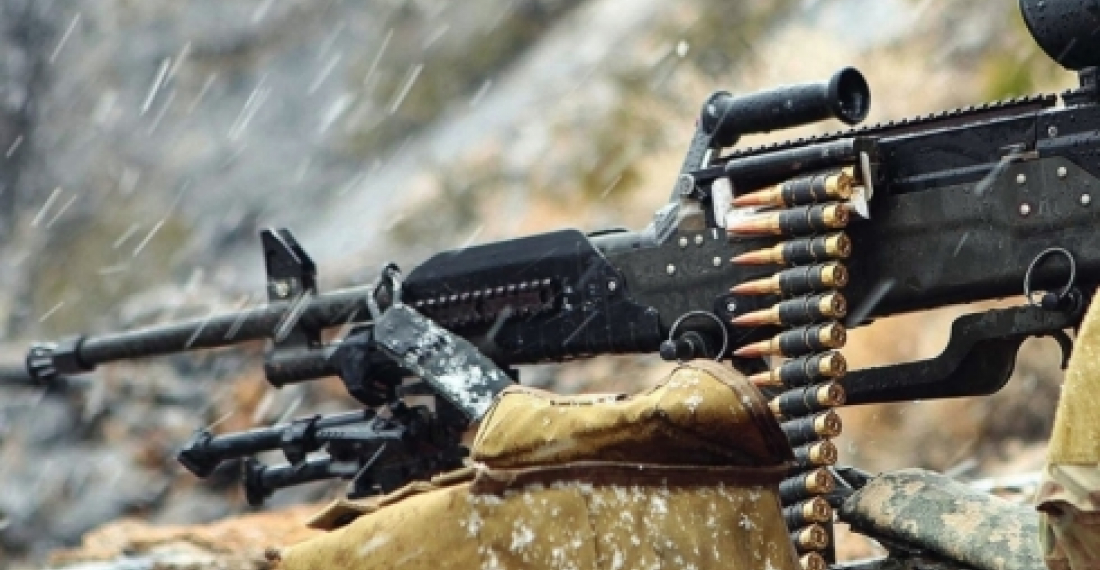Armenia and Azerbaijan have continued to trade fire across the lıne of contact ın the Nagorno-Karabakh conflıuct zone durıng the weekend, with three Armenian soldiers from Karabakh reported killed.
The sporadic violence continues across the Line of Contact, although things are quieter than in the first week of April, which saw the worst spell of fighting since a 1994 ceasefire, with dozens killed
Armenian soldier Ashot Zohrabyan, 25, was killed on Sunday in the eastern direction of the line of contact near Martuni, according to the defence ministry of the self-declared Nagorno-Karabakh Republic.
This is in addition to Garik Movsisyan, 19, and Vazgen Harutyunyan, 48, who were fatally wounded early on Saturday according to local media.
There were no reports of Azerbaijani casualties this weekend, but soldiers and civilians from both sides have been killed in the past few weeks. Both sides accuse the other of breaching the ceasefire.
“On May 1 and throughout the morning of May 2 the Azerbaijani side fired irregular shots from various calibre weapons and sniper rifles at Armenian positions in the northeastern part of the Armenia-Azerbaijan state-border,” the Armenian Defence Ministry said.
At the same time, Azerbaijan’s armed forces accused Armenia of breaching the ceasefire “112 times” in the past 24 hours, including by using 60mm mortars on Azerbaijani positions.
Both Armenia and Azerbaijan accused the other of targeting civilians, but said their own forces have only acted out of self-defence, and only against military targets.
SOURCE: commonspace.eu and agencies
PHOTO: en.apa.az







